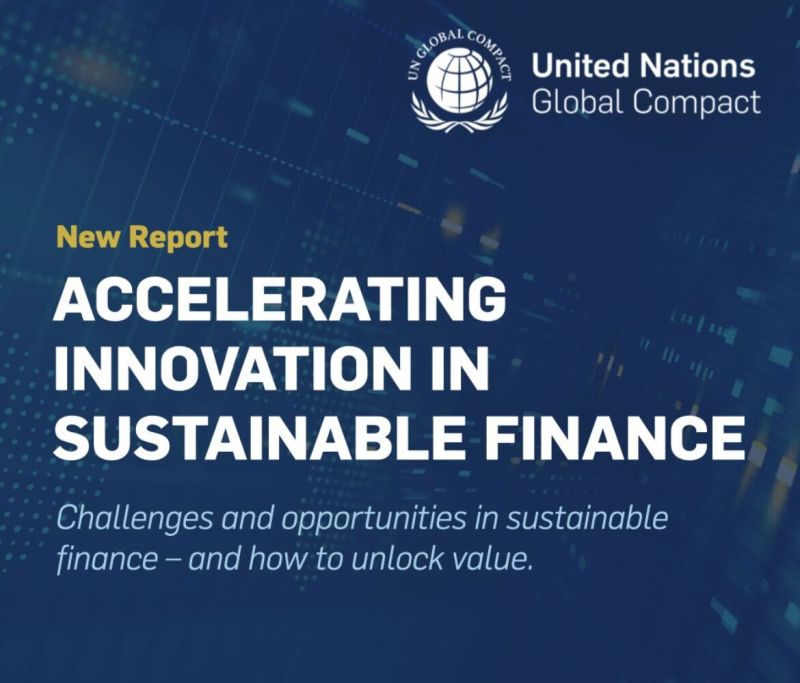International Day of Human Space Flight 2026: A Tribute to Exploration, Unity, and Progress
The Elsevier Foundation Chemistry for Climate Action Challenge is a collaboration between the Elsevier Foundation, a non-profit focused on inclusive research and health funded by Elsevier and Elsevier's Chemistry journals. The Challenge represents a commitment from Elsevier to uncover practical, scalable solutions to specific issues caused by climate change in global South communities thereby advancing both Climate Action (SDG13) and Gender Equity (SDG5).
World Creativity and Innovation Day 2026: Harnessing Creativity for Global Progress
World Creativity and Innovation Day, celebrated annually on April 21, highlights the essential role of creativity and innovation in addressing global challenges and achieving sustainable development. Established by the United Nations General Assembly in 2017 through Resolution 71/284, the day promotes creative problem-solving and fosters innovative thinking worldwide.
The UNGC's latest report on “Accelerating Innovation in Sustainable Finance” offers models for businesses on how to deliver financial returns and positive global impact – together.
World Intellectual Property Day, observed each year on 26th April, is an opportunity to celebrate the contributions made by inventors and creators around the world and to explore how IP contributes to a flourishing of music and the arts and to the technological innovation that helps shape our world.









